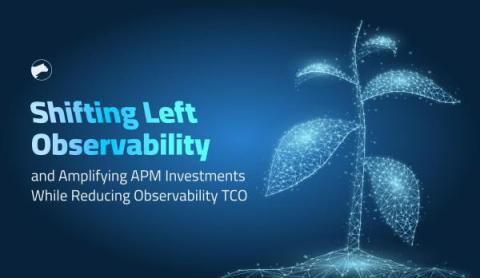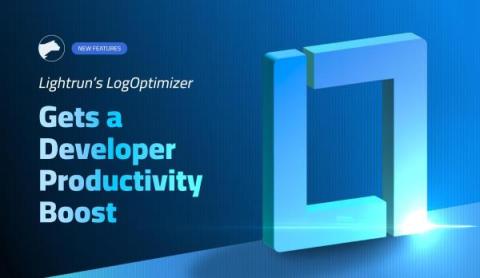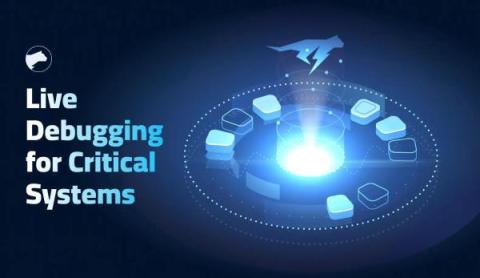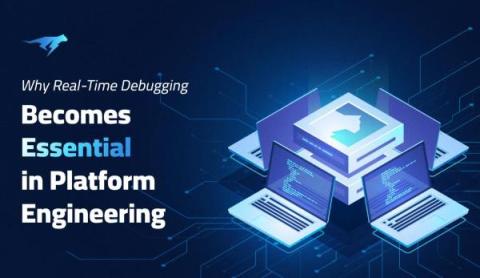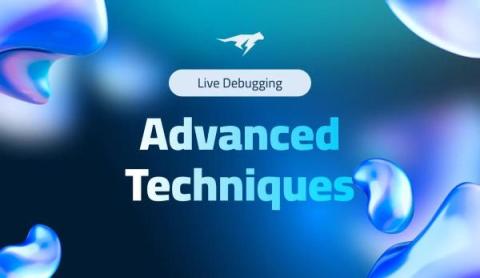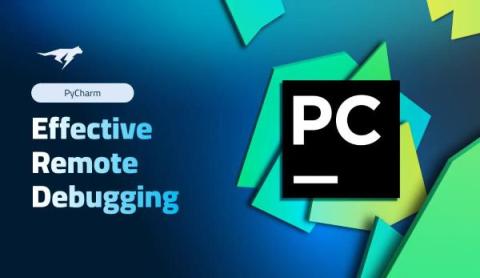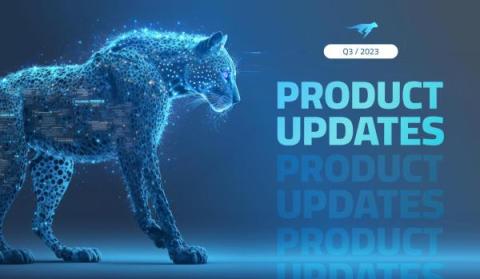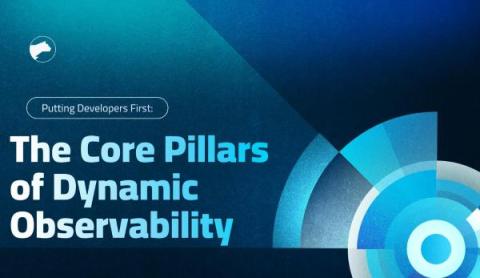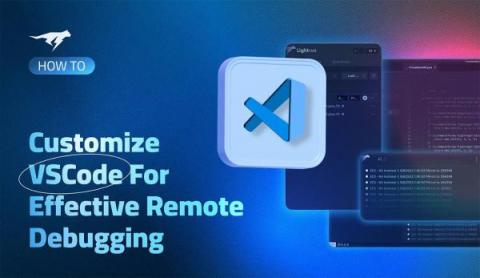Operations | Monitoring | ITSM | DevOps | Cloud
Latest Posts
Lightrun LogOptimizer Gets A Developer Productivity and Logging Cost Reduction Boost
Lightrun’s LogOptimizer stands as a groundbreaking automated solution for log optimization and cost reduction in logging. An integral part of the Lightrun IDE plugins, this tool empowers developers to swiftly scan their source code—be it a single file or entire projects—to identify and replace log lines with Lightrun’s dynamic logs, all within seconds.
Live Debugging for Critical Systems
Live debugging refers to debugging software while running in production without causing any downtime. It has gained popularity in modern software development practices, which drives many critical systems across businesses and industries. In the context of always-on, cloud-native applications, unearthing severe bugs and fixing them in real time is only possible through live debugging. Therefore, live debugging becomes an integral part of any developer’s skill set.
Why Real-Time Debugging Becomes Essential in Platform Engineering
Platform engineering has been one of the hottest keywords in the software community in recent years. As a natural extension of DevOps and the shift-left mentality it fosters, platform engineering is a subfield within software engineering that focuses on building and maintaining tools, workflows, and frameworks that allow developers to build and test their applications efficiently.
Troubleshooting Cloud Native Applications at Runtime
Organizations are moving to micro-services and container-based architectures because these modern environments enable speed, efficiency, availability, and the power to innovate and scale more quickly. However, when it comes to troubleshooting distributed cloud native applications, teams face a unique set of challenges due to the dynamic and decentralized nature of these systems.
Debugging Modern Applications: Advanced Techniques
Today’s applications are designed to be always available and serve users 24/7. Performing live debugging on such applications is akin to doctors operating on a patient. Since the advent of the “as a service” model, software is like a living, breathing entity, akin to an anatomical system. Operating on such entities requires more dexterity on the developer’s part, to ensure that the software application lives on while being debugged and improved continuously.
Effective Remote Debugging in PyCharm
In a previous post, we looked at the remote debugging features of Visual Studio Code and how Lightrun takes the remote debugging experience to the next level. This post will examine how Lightrun enables Python remote debugging in PyCharm, the Python IDE from JetBrains.
Lightrun's Product Updates - Q3 2023
Throughout the third quarter of this year, Lightrun continued its efforts to develop a multitude of solutions and improvements focused on enhancing developer productivity. Their primary objectives were to improve troubleshooting for distributed workload applications, reduce mean time to resolution (MTTR) for complex issues, and optimize costs in the realm of cloud computing. Read more below the main new features as well as the key product enhancements that were released in Q3 of 2023!
Putting Developers First: The Core Pillars of Dynamic Observability
Organizations today must embrace a modern observability approach to develop user-centric and reliable software. This isn’t just about tools; it’s about processes, mentality, and having developers actively involved throughout the software development lifecycle up to production release. In recent years, the concept of observability has gained prominence in the world of software development and operations.
Effective Remote Debugging with VS Code
This post will discuss remote debugging in VS Code and how to improve the remote debugging experience to maximize debugging productivity for developers. Visual Studio Code, or VS Code, is one of the most popular IDEs. Within ten years of its initial release, VS Code has garnered the top spot among popularity indices, and its community is growing steadily. Developers love VS Code not only for its simplicity but also due to its rich ecosystem of extensions, including the support for debugging.


